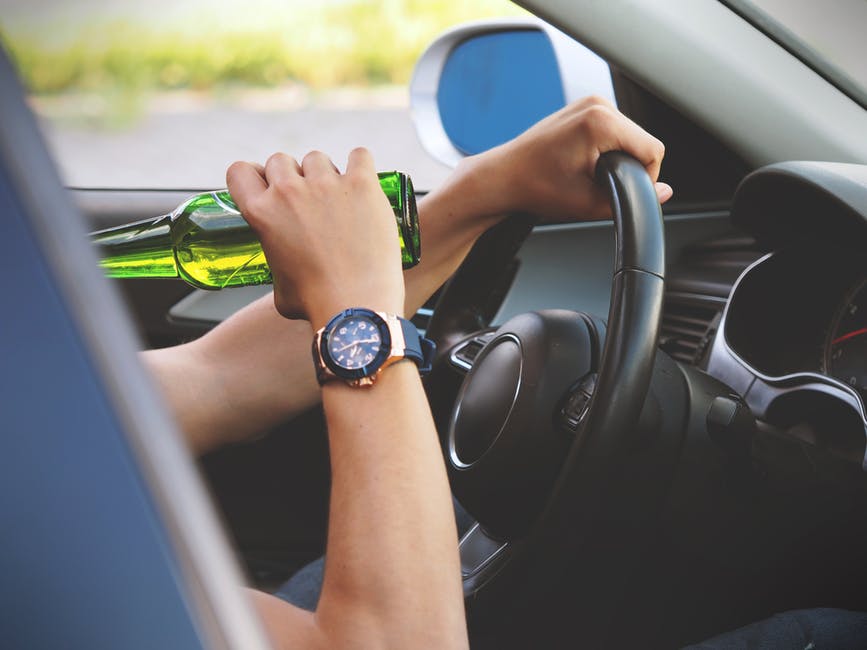Driving is a privilege bestowed upon us. However, this comes with a responsibility of following traffic regulations and respect for the law. Every offense comes with a sanction. In this post, let us specifically discuss ALR and its correlation with DWI charges.
In a circumstance where police officers arrest a car driver for driving while intoxicated (DWI), the driver will be facing not one but two cases of that particular road violation. First, the police officers will charge the offender with DWI – a criminal trial; second, he or she will be facing ALR – a charge for one’s license.
A lot of drivers are not aware of facing ALR hearing. An Administrative License Revocation hearing or ALR is an added case that springs up from the DWI charge; the driver will be confronted with a civil proceeding for their driving liberties.
How does ALR work?
The license suspension will come to fruition when an erring driver refuses to take a blood or breath testing when an officer asked him or her to do so, or if that driver failed the blood or breath test.
Bear in mind that the defendant only has fifteen (15) days to request for a proceeding if he or she wishes to contest the legitimacy of the seizure of one’s license. Automatic suspension waits for those who failed to do so. If the driver takes advantage of the ALR hearing, it is more likely that he or she will not lose driving privileges.
Going through an ALR Hearing
By contesting your license suspension, you are giving your lawyer a leeway to subpoena police officers who arrested you to appear at the ALR hearing. Thus, you challenge the Department of Public Safety (DPS) to show evidence on their charges against you.
The DPS, in turn, must prove that the arresting officers who halted and commanded you did so because of reasonable doubt or probable cause. If they cannot present any proof, then you win the case by default.
It is best for drivers whom the police have caught should demand an ALR proceeding and hire a lawyer, specifically someone who specializes in DWI to protect their driving rights and more importantly, maintain a clean reputation.
Being Unsuccessful in an ALR Proceeding
According to the Texas Transportation Code, for drivers who fail the case, a ninety-day (90) suspension of your driving liberties will be charged. While for those drivers who refuse to take a test upon the demand of an arresting officer, the offender will get a penalty of a hundred eighty-day suspension (180) of the license.
A driver charged with an ALR suspension, whether it is automatic or after a proceeding, must provide a fee for reinstatement to the Texas Department of Public Safety together with a unique form of driving rights will be restored.
Takeaway
Driving under the influence of liquor is a threat to your life and that of others. Understanding certain traffic laws that prohibit wrong ways of exercising your privileges and rights is an eye-opener. Being a law-abiding citizen is way better than facing charges left and right. Untangle yourself from the complicated and confusing realm of the state’s policy by avoiding crimes in any form. Respect the law and be a good example to your fellow citizens.
